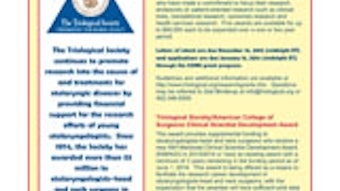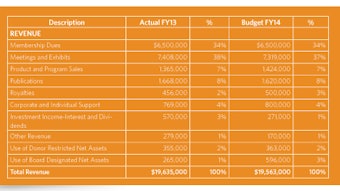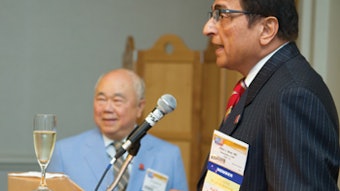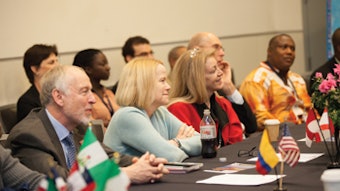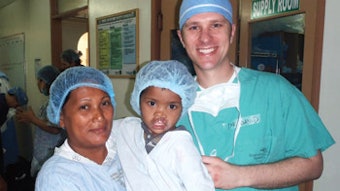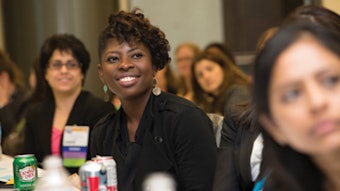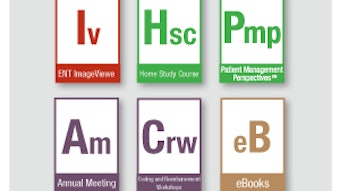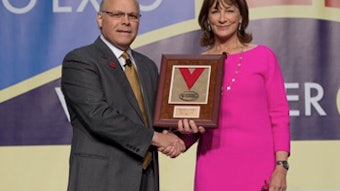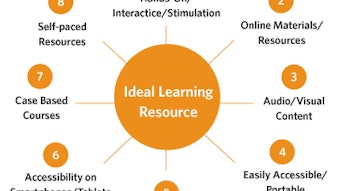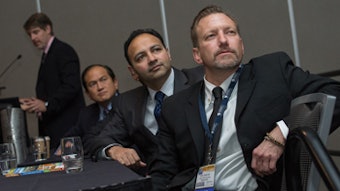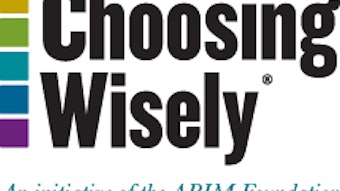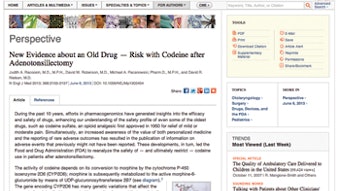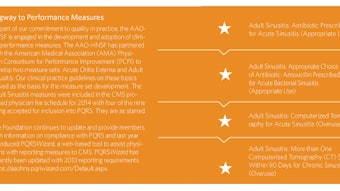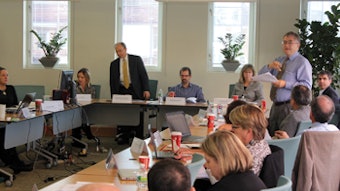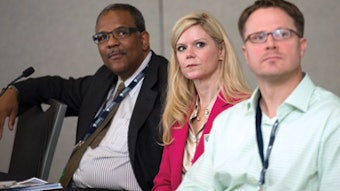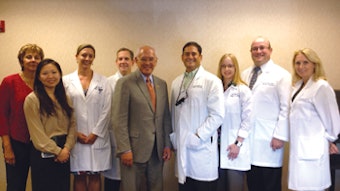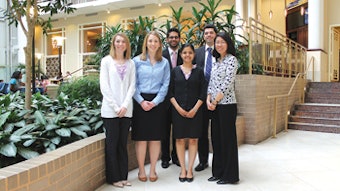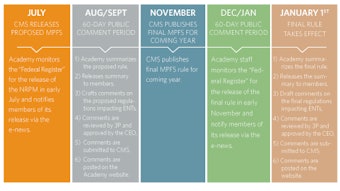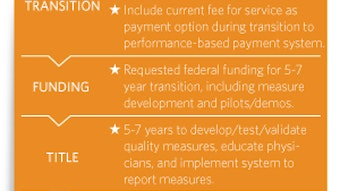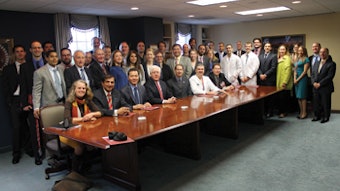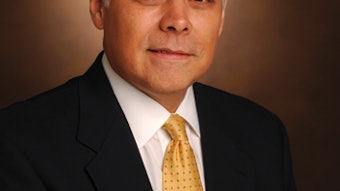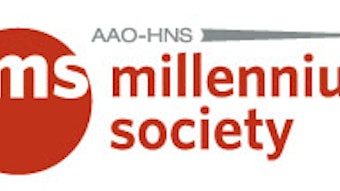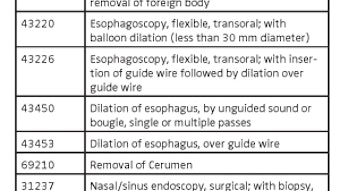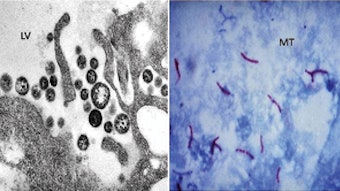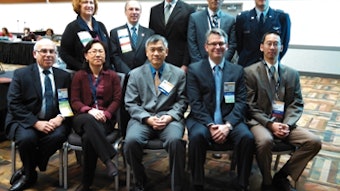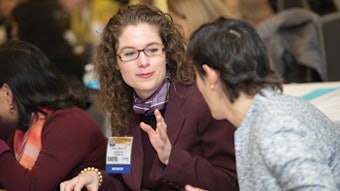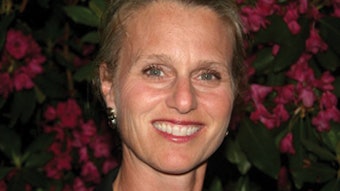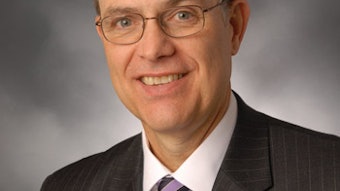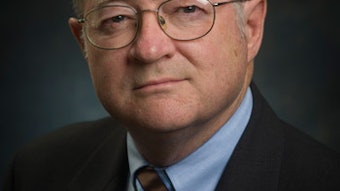2013 Annual Report: Filling the Research Gaps through CORE
Each of the AAO-HNSF clinical practice guidelines includes a section entitled “Research Needs.” Discussing topics with limited evidence allows guideline developers to highlight future research needs and suggest how to best fill existing gaps. In an effort to start studying gaps that have been identified, the AAO-HNSF Outcomes Research and Evidence-based Medicine Committee worked closely with a group of CORE grant program leaders during the past year to revise the Maureen Hannley Research Grant criteria. This grant mechanism now offers special consideration to investigators who target known evidence gaps within their project proposals. It also provides investigators the opportunity to utilize the CHEER network to engage both academic and community sites in their proposed study. Milan R. Amin, MD, of New York University was awarded the 2013 Maureen Hannley Research Grant. Dr. Amin’s application proposes a Level 1 study that will address the evaluation and treatment of hoarseness in patients. This evidence gap is referenced specifically by the Hoarseness (Dysphonia) Clinical Practice Guideline: “The recent Clinical Practice Guidelines (CPG) for Hoarseness put forward by the AAO-HNSF pointed out several major deficiencies in the evidence base related to the evaluation and treatment of patients complaining of hoarseness. One of these deficiencies is the use of steroids for the treatment of patients with these complaints.” Dr. Amin will study the comparative effectiveness of steroids in speeding and enhancing the recovery of non-surgically treated vocal fold lesions. He proposes a randomized clinical trial comparing patients who undergo traditional voice therapy for the treatment of phonotraumatic vocal fold lesions and those who undergo combined modality therapy incorporating the use of steroids prior to the initiation of voice therapy. He hypothesizes that the use of pre-therapy steroids will hasten and enhance the efficacy of traditional voice therapy and that steroid treatment alone will have a positive effect on voice outcomes.
Each of the AAO-HNSF clinical practice guidelines includes a section entitled “Research Needs.” Discussing topics with limited evidence allows guideline developers to highlight future research needs and suggest how to best fill existing gaps. In an effort to start studying gaps that have been identified, the AAO-HNSF Outcomes Research and Evidence-based Medicine Committee worked closely with a group of CORE grant program leaders during the past year to revise the Maureen Hannley Research Grant criteria. This grant mechanism now offers special consideration to investigators who target known evidence gaps within their project proposals. It also provides investigators the opportunity to utilize the CHEER network to engage both academic and community sites in their proposed study.
Milan R. Amin, MD, of New York University was awarded the 2013 Maureen Hannley Research Grant. Dr. Amin’s application proposes a Level 1 study that will address the evaluation and treatment of hoarseness in patients. This evidence gap is referenced specifically by the Hoarseness (Dysphonia) Clinical Practice Guideline: “The recent Clinical Practice Guidelines (CPG) for Hoarseness put forward by the AAO-HNSF pointed out several major deficiencies in the evidence base related to the evaluation and treatment of patients complaining of hoarseness. One of these deficiencies is the use of steroids for the treatment of patients with these complaints.” Dr. Amin will study the comparative effectiveness of steroids in speeding and enhancing the recovery of non-surgically treated vocal fold lesions. He proposes a randomized clinical trial comparing patients who undergo traditional voice therapy for the treatment of phonotraumatic vocal fold lesions and those who undergo combined modality therapy incorporating the use of steroids prior to the initiation of voice therapy. He hypothesizes that the use of pre-therapy steroids will hasten and enhance the efficacy of traditional voice therapy and that steroid treatment alone will have a positive effect on voice outcomes.

